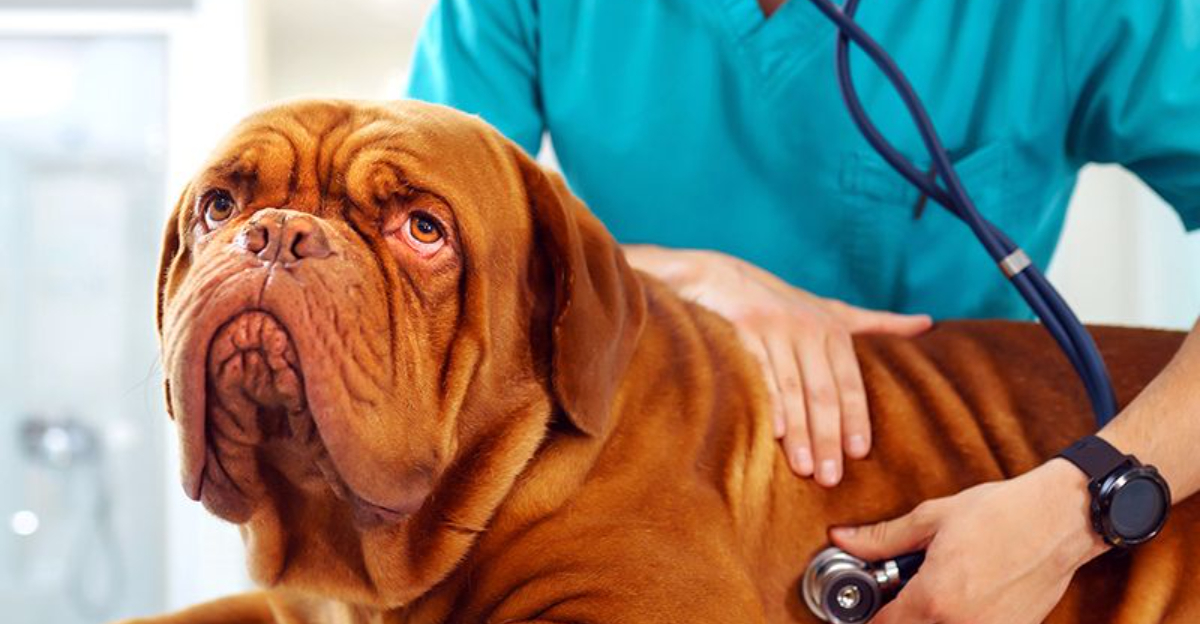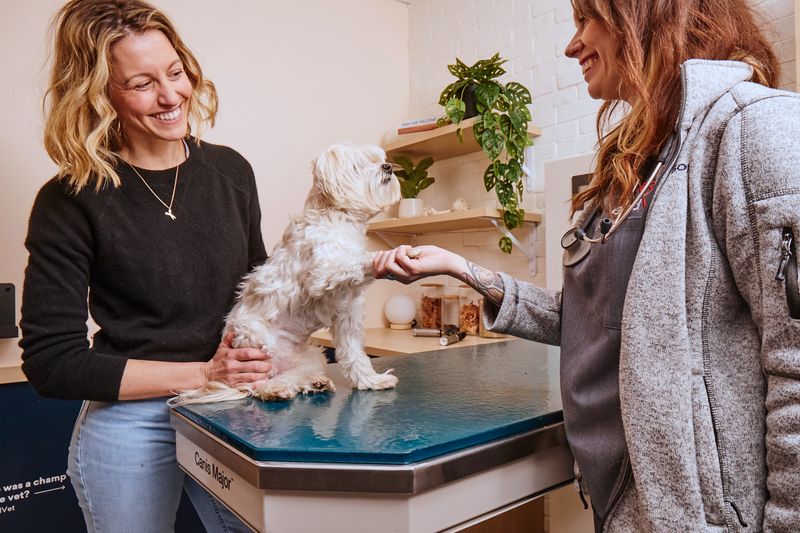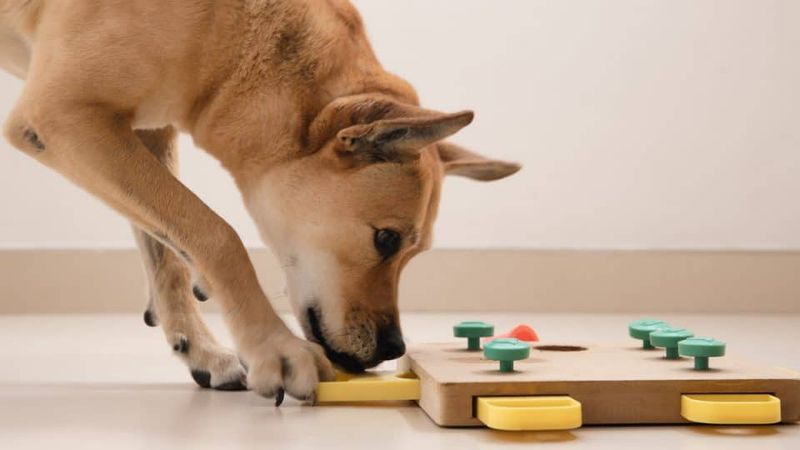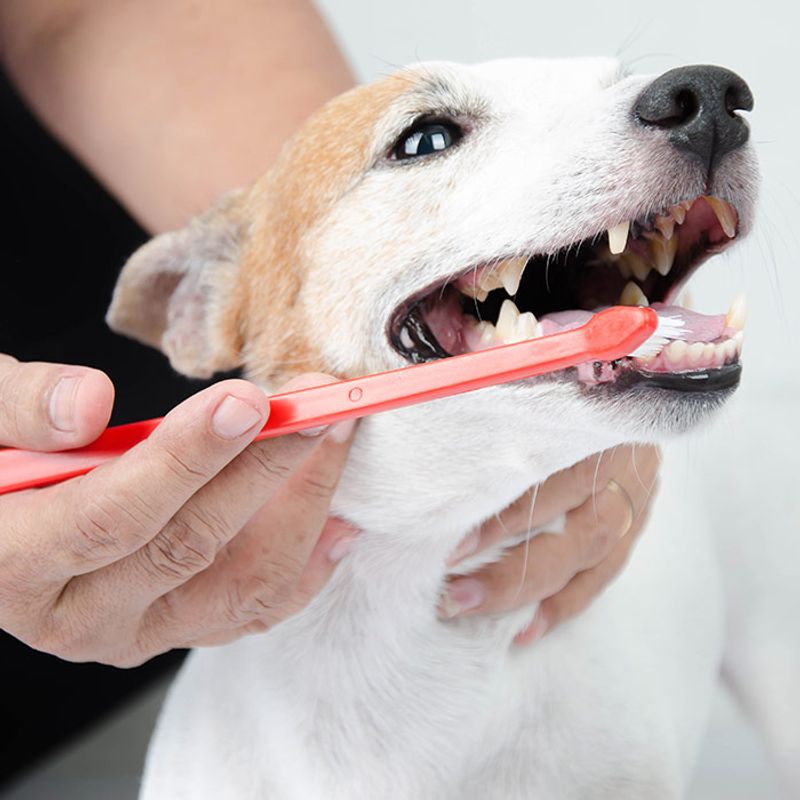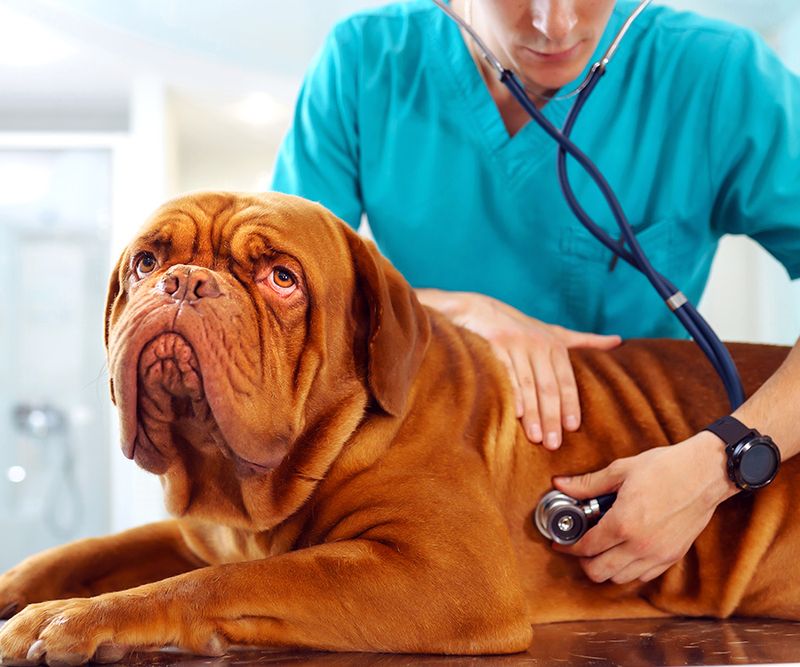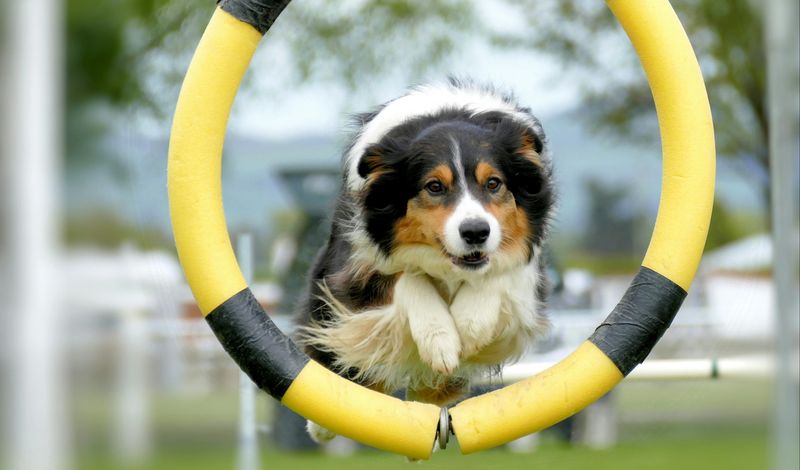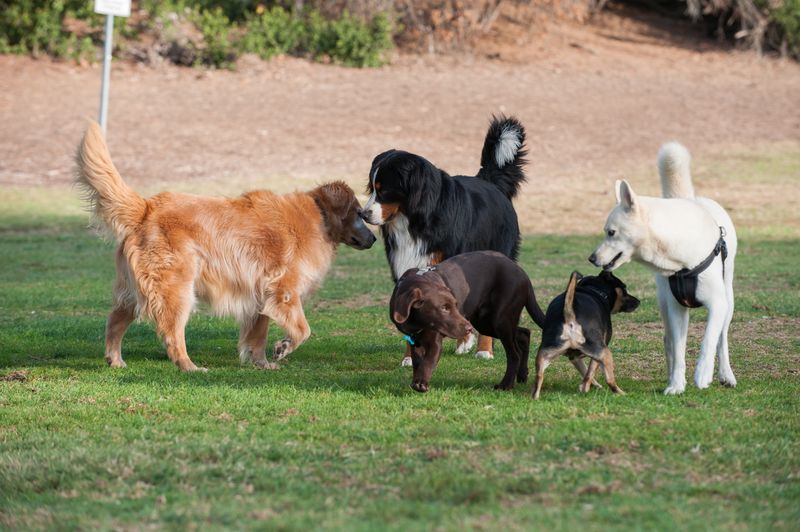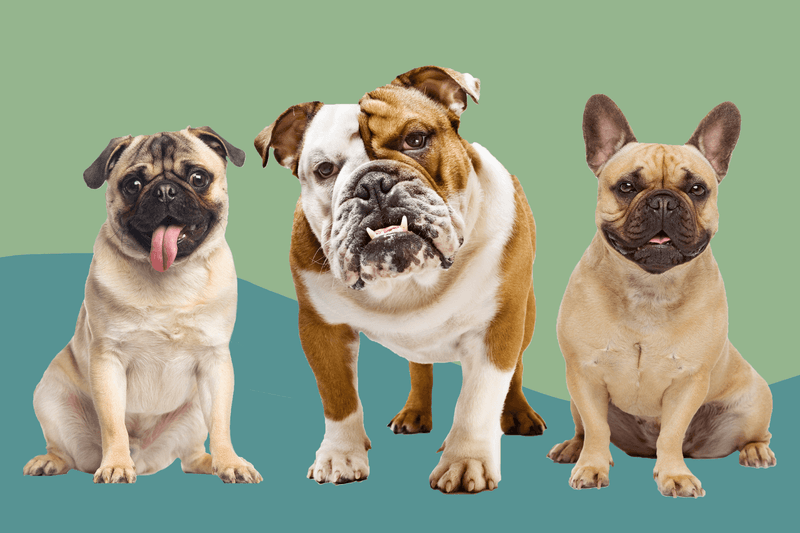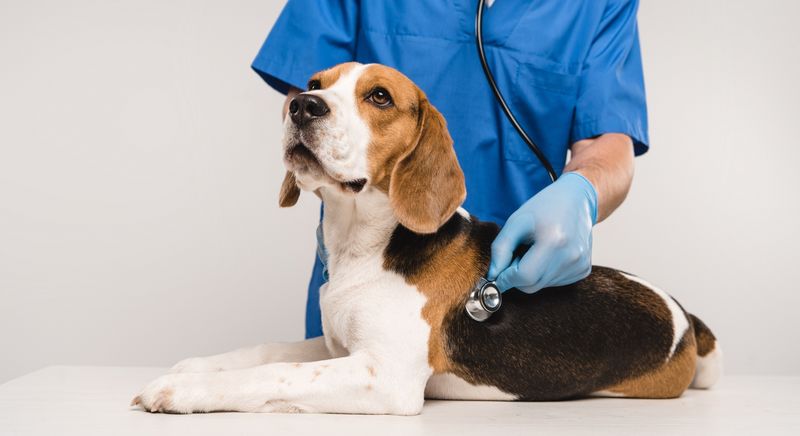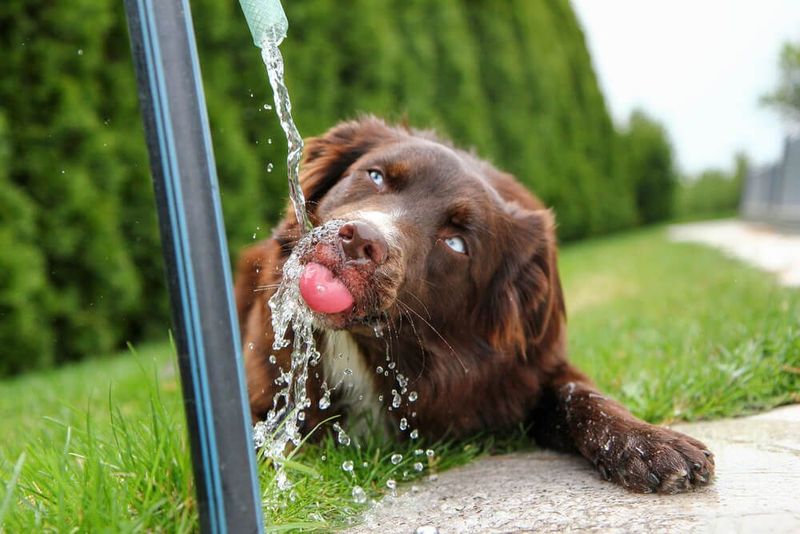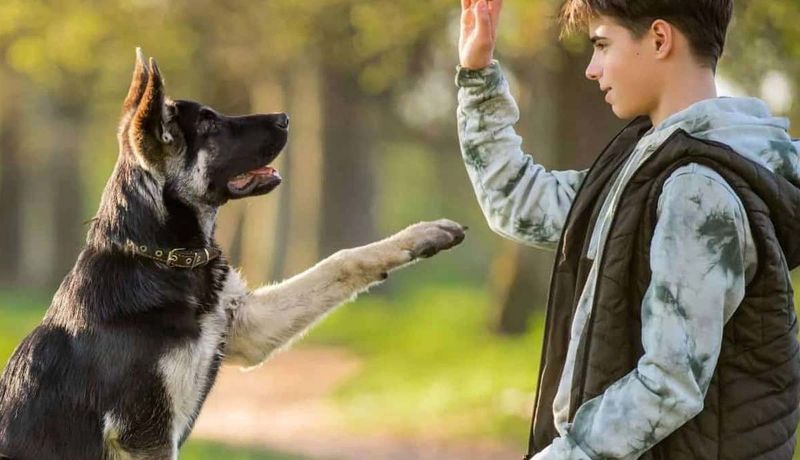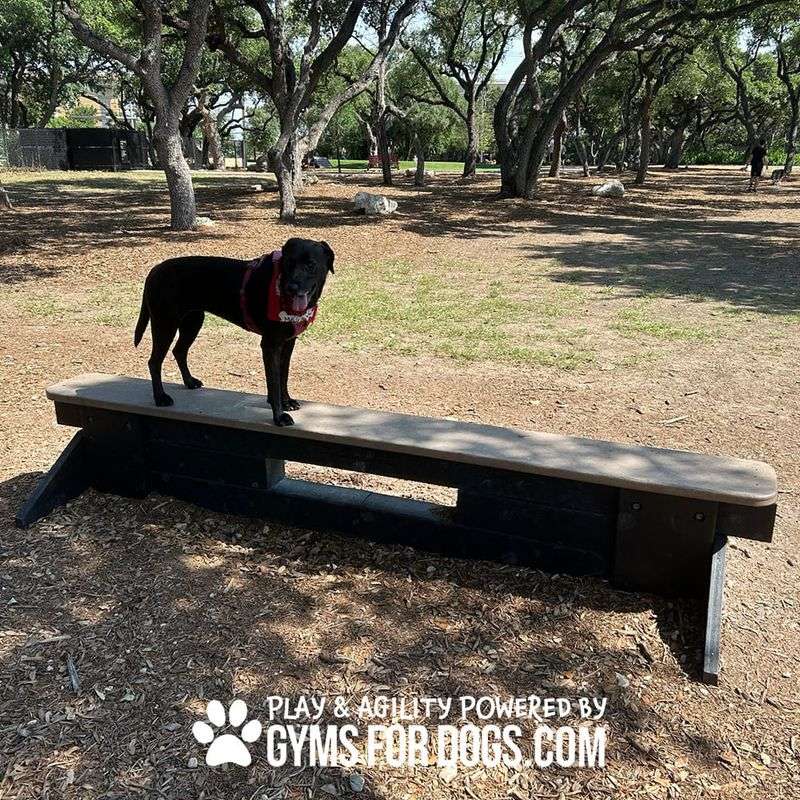Owning a dog is a rewarding experience, but it comes with responsibilities that every dog owner should know. Veterinarians, with their wealth of experience, have crucial insights that can help ensure your furry friend leads a happy and healthy life. From understanding their dietary needs to recognizing signs of distress, these tips are invaluable for any dog owner. Learn how to better care for your canine companion by considering these important aspects that veterinarians emphasize.
Understanding Canine Nutrition
Many dog owners underestimate the importance of a balanced diet for their pets. Proper nutrition plays a critical role in a dog’s health, affecting everything from their coat’s shine to their energy levels. Dogs require a specific balance of proteins, fats, and carbohydrates. Consulting with a vet about appropriate food choices can prevent obesity and related health issues. Tailor their diet according to age, size, and health conditions. Remember, what you might think is a treat can sometimes be harmful. Always research or consult before introducing new foods to their diet.
Recognizing Behavioral Changes
Dogs communicate through their behavior. A sudden change might indicate underlying issues, whether medical or emotional. Observing these changes can be crucial for early intervention. For instance, excessive chewing, withdrawal, or aggression could stem from anxiety or pain. Understanding your dog’s normal behavior helps in spotting abnormalities early. Engage with your vet if you notice persistent changes. Addressing these concerns promptly can prevent more severe problems. Dogs thrive when they feel understood and supported by their owners, mirroring the care they receive from their human companions.
The Role of Mental Stimulation
Did you know? Mental stimulation is just as crucial as physical exercise for dogs. Engaging activities prevent boredom, reduce anxiety, and promote overall well-being. Puzzle toys, obedience training, and new experiences challenge your dog’s mind. This stimulation keeps them happy and can prevent destructive behaviors like chewing or digging. Just like humans, dogs enjoy learning new tricks and solving problems. Regular mental challenges enhance their quality of life and strengthen the bond between you two. Always tailor activities to suit their breed and individual preferences, ensuring they remain both engaging and enjoyable.
Dental Health Matters
Many underestimate the significance of dental care in dogs. Oral health is pivotal in preventing bacteria from entering the bloodstream, which can lead to serious health issues. Bad breath is often the first sign of dental problems. Regular brushing and dental check-ups can prevent tartar build-up. Providing dental chews can also be beneficial. Just as humans need to care for their teeth, ensuring your dog’s dental hygiene is part of responsible pet ownership. Early intervention and consistent care can prevent painful conditions and costly treatments later in life.
The Importance of Regular Check-Ups
Routine veterinary check-ups are vital for detecting health issues early on. Regular visits ensure vaccinations are up-to-date, which prevents diseases. Vets can spot subtle signs of ailments that owners might miss. Furthermore, these appointments allow for monitoring of weight and dental health. Regular interaction with your vet builds a trusting relationship. Scheduled visits offer peace of mind and maintain your pet’s well-being. Consider these check-ups as preventive care, akin to regular car maintenance. They help avert potential health crises, ensuring your dog remains active and healthy for years to come.
Exercise Beyond Walks
Exercise is essential, but it goes beyond simple walks around the block. Dogs thrive on varied physical activities that challenge them. Agility courses, fetch, and swimming provide excellent workouts. These activities cater to their natural instincts and offer mental stimulation. Each breed has unique exercise needs. Understanding your dog’s specific requirements ensures they get the right amount of activity. This not only keeps them physically fit but also mentally sharp. Tailoring exercise routines keeps your dog engaged and reduces the risk of obesity-related issues.
The Power of Socialization
Socialization helps dogs develop into confident and well-behaved companions. Early interactions with other dogs and people familiarize them with different situations. This reduces fear and anxiety. A well-socialized dog is less likely to exhibit aggressive or shy behaviors. Engaging in group play sessions at dog parks or attending training classes enhances their social skills. These experiences make them adaptable to new environments and situations. Building these skills from a young age creates a foundation for lifelong happiness and good behavior.
Understanding Breed-Specific Needs
Not all dogs have the same needs; some require specialized care based on breed characteristics. For example, Huskies thrive in cooler climates due to their thick coats. Bulldogs, with their shorter snouts, can face breathing difficulties. Understanding these specifics allows owners to provide better care. Researching breed-specific traits helps in creating an environment that caters to their unique requirements. This knowledge promotes better health and happiness. Being informed about individual needs ensures that both you and your pet enjoy a harmonious relationship.
Recognizing Signs of Illness
Pay attention to subtle signs that might indicate illness. Loss of appetite, changes in bowel movements, or lethargy may signal health issues. Early detection is crucial for successful treatment. Regular vet visits help identify potential problems before they escalate. Trust your instincts; if something seems off, consult your vet. Being vigilant ensures prompt intervention. Your attentiveness can significantly impact your dog’s health outcomes, paving the way for a longer and happier life together. Always keep an eye out for any deviations from their usual behavior or habits.
The Importance of Hydration
Hydration is just as vital for dogs as it is for humans. Ensuring your dog always has access to fresh water is a basic but crucial aspect of their care. Dehydration can lead to serious health issues like kidney problems. Monitor their water intake, especially during warm weather or after exercise. Recognize the signs of dehydration, such as dry gums or lethargy. Keeping your dog hydrated supports their metabolism and overall health. Always prioritize clean water availability, as it is foundational to their daily well-being and vitality.
Understanding Canine Communication
Dogs communicate in unique ways, primarily through body language. Understanding their signals can strengthen your bond and prevent misunderstandings. Tail wagging, ear position, and posture all convey specific messages. Educating yourself about these signs allows you to respond appropriately. Recognizing stress signals helps in addressing their needs promptly. Effective communication is a two-way street, fostering a deeper connection. Dogs thrive in environments where their communication is understood and respected. Your awareness and responsiveness can significantly enhance your relationship, making interactions smoother and more fulfilling.
The Lifelong Commitment of Dog Ownership
Owning a dog is a long-term commitment, often spanning over a decade. This responsibility requires time, resources, and devotion. Dogs become integral family members, needing constant care and companionship. Prepare for various life stages, from energetic puppies to serene senior years. Each phase brings unique challenges and joys. Being aware of the long journey ensures you’re ready for changes and adjustments. Embracing this commitment guarantees a fulfilling experience for both you and your furry friend. Cherish every moment, as the bond you share is truly special and irreplaceable.
The Necessity of Safe Environments
Creating a safe environment is paramount for a dog’s happiness. Pet-proofing your home prevents accidents and injuries. Secure loose wires, remove toxic plants, and ensure small objects are out of reach. A safe space reduces anxiety, promoting relaxation. Outdoor areas should be fenced, preventing escapes. Providing a comfortable resting area enhances their sense of security. Regular checks and adjustments ensure ongoing safety. Tailor your home to meet their needs, fostering a nurturing and hazard-free environment. A well-considered living space contributes to their overall well-being.
Understanding Canine Aging
As dogs age, their needs change, requiring adjustments in care. Senior dogs might need special diets, supplements, or more frequent vet visits. Arthritis, vision impairments, and dental issues are common in older dogs. Observing these changes helps in providing appropriate care. Geriatric check-ups ensure early detection of age-related ailments. Offering comfort through orthopedic beds and gentler playtimes accommodates their changing capabilities. Understanding the aging process fosters empathy and strengthens your bond. Ensuring their twilight years are filled with love and comfort is a rewarding aspect of pet ownership.
The Value of Training and Commands
Training is essential for a harmonious relationship with your dog. Basic commands ensure safety and ease in everyday interactions. Training sessions build trust and understanding. Start with simple commands like sit, stay, and come. Consistent practice reinforces these behaviors. Training isn’t just about discipline; it strengthens your connection. It provides mental stimulation and promotes good behavior. A well-trained dog is a joy to be around, reducing stress in complex situations. Tailor training methods to your dog’s temperament, ensuring it remains engaging and effective.
The Importance of Safe Playtime
Everyone loves to watch their dogs play, but safety should always come first. Ensuring a secure environment prevents injuries and promotes healthy interaction. Consider fenced areas or dog parks designed for safe play.
Introduce toys that are appropriate for your dog’s size and energy level. Supervision helps avoid accidents, such as choking on small objects or aggressive behavior. Playtime should be joyful, not hazardous.
Did you know? Proper playtime can reduce anxiety and destructive behavior in dogs. By encouraging safe play, you are nurturing a healthy, happy, and well-adjusted canine companion.
